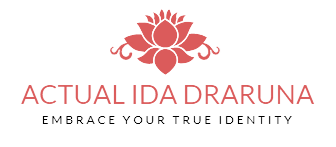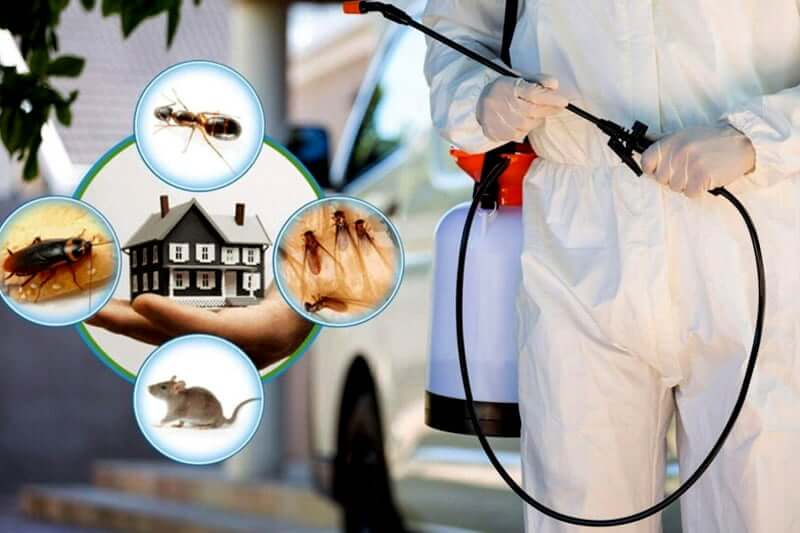Pests can be a nuisance, wreaking havoc in our homes and gardens. While there are many pest control methods available on the market, some may resort to harsh chemicals that not only harm the pests but also pose a threat to our health and the environment. This is where holistic pest control solutions come into play.
Holistic pest control focuses on finding natural and sustainable ways to manage pests without causing harm to humans, animals, or the environment. These methods take into consideration the entire ecosystem and work towards restoring balance rather than simply eliminating pests.
One of the key principles of holistic pest control is prevention through proper management practices. This includes maintaining a clean and clutter-free environment, sealing cracks and openings in buildings, implementing proper waste management techniques, and using companion plants that repel pests naturally.
Another aspect of holistic pest control is using biological controls such as predators or parasites that feed on certain pests. For example, ladybugs are known to feed on aphids while praying mantis can help keep other insect populations in check.
In addition to prevention and biological controls, natural products can also be used as part of a holistic approach for pest management. These products use plant-based ingredients like essential oils or herbs that have insect-repelling properties to deter pests without causing harm to people or pets.
Essential oils such as peppermint oil or neem oil are effective against insects like ants, cockroaches, and spiders while still being safe for humans. Herbs like basil or mint planted around your home can also help keep mosquitoes at bay.
Aside from natural products, physical barriers can also be used as part of a holistic approach for controlling pests. Examples include screens on windows and doors to prevent insects from entering your home or using nets over crops in gardens to protect them from birds or other animals.
One popular method of holistic Safe Pest Control management (IPM). This involves monitoring pest populations regularly and intervening only when necessary to prevent significant damage. IPM combines various methods like those mentioned above in a way that is both effective and sustainable.
One of the major benefits of using holistic pest control solutions is the reduced risk of harm to ourselves, our loved ones, and the environment. These methods are also cost-effective as they often use materials that can be found around the house or purchased at a lower cost compared to chemical treatments.
Furthermore, by taking a holistic approach to pest control, we are not only addressing the immediate problem but also promoting long-term solutions that benefit our ecosystem. This includes supporting beneficial insects and preserving biodiversity.
In conclusion, holistic pest control solutions offer a more natural and sustainable way to manage pests without causing harm to ourselves or our environment. By implementing proper prevention practices, utilizing biological controls and natural products, and practicing integrated pest management techniques, we can effectively manage pests while promoting a healthier ecosystem for all. Next time you encounter pesky critters in your home or garden, consider taking a more holistic approach for a better solution for all involved.










